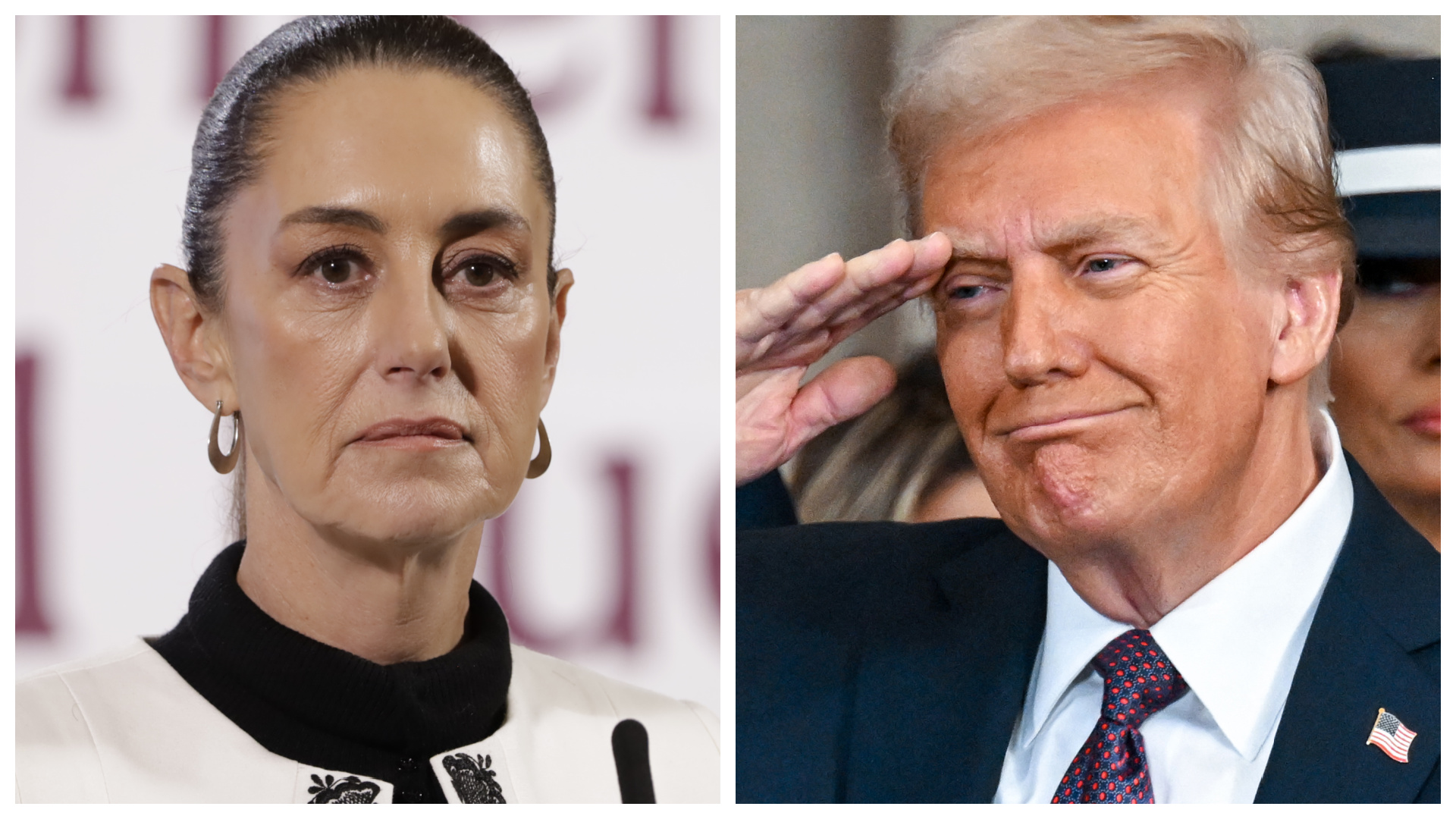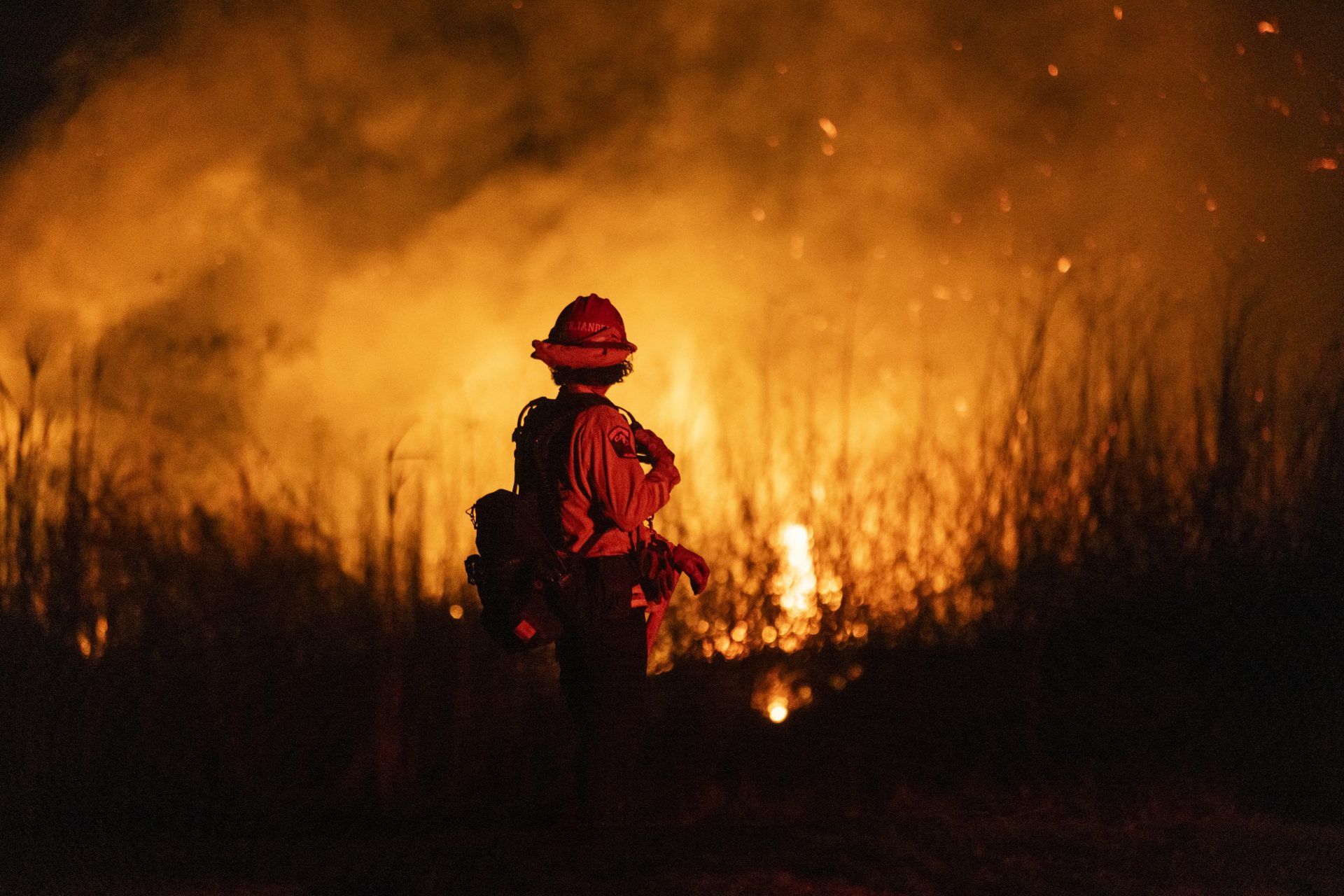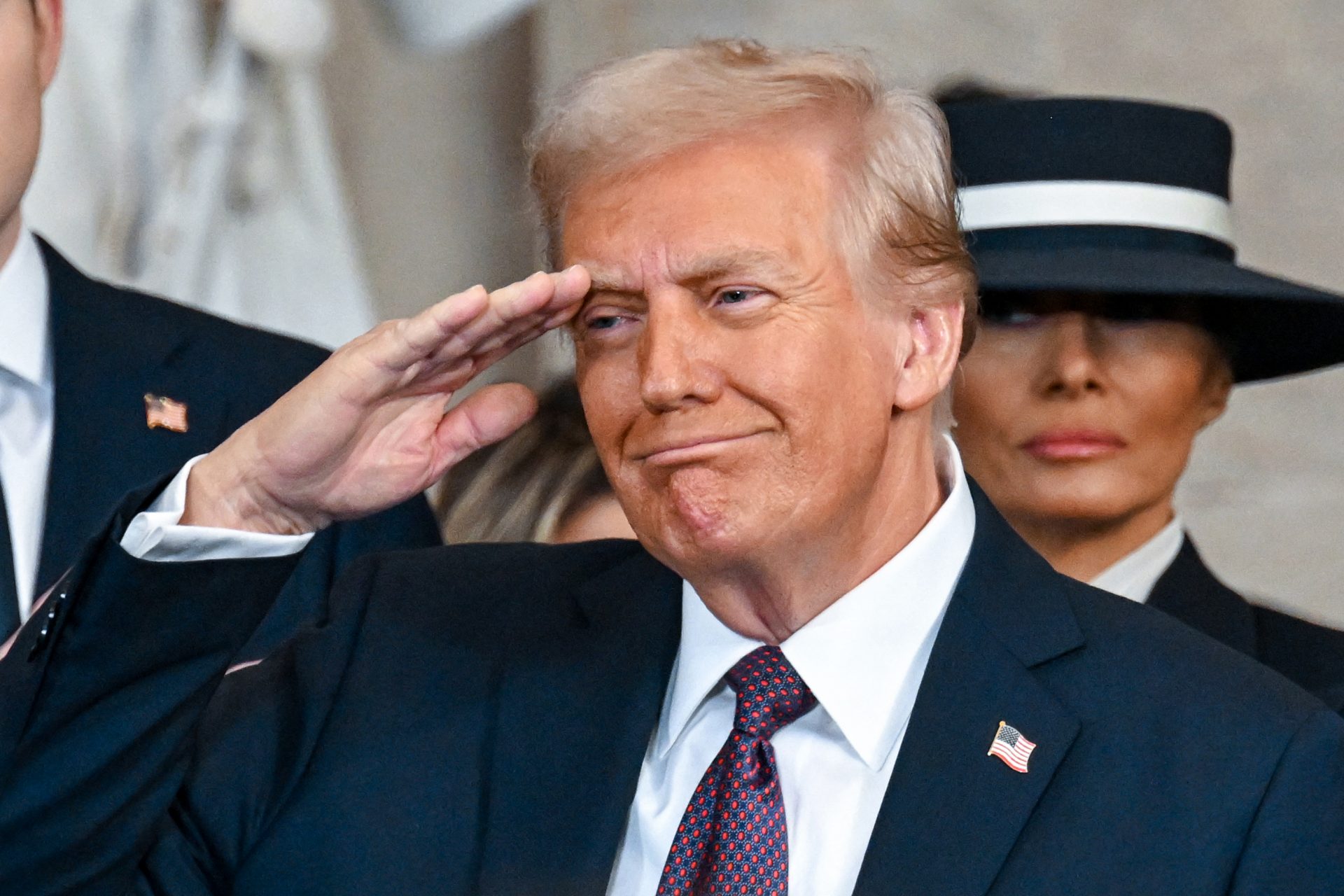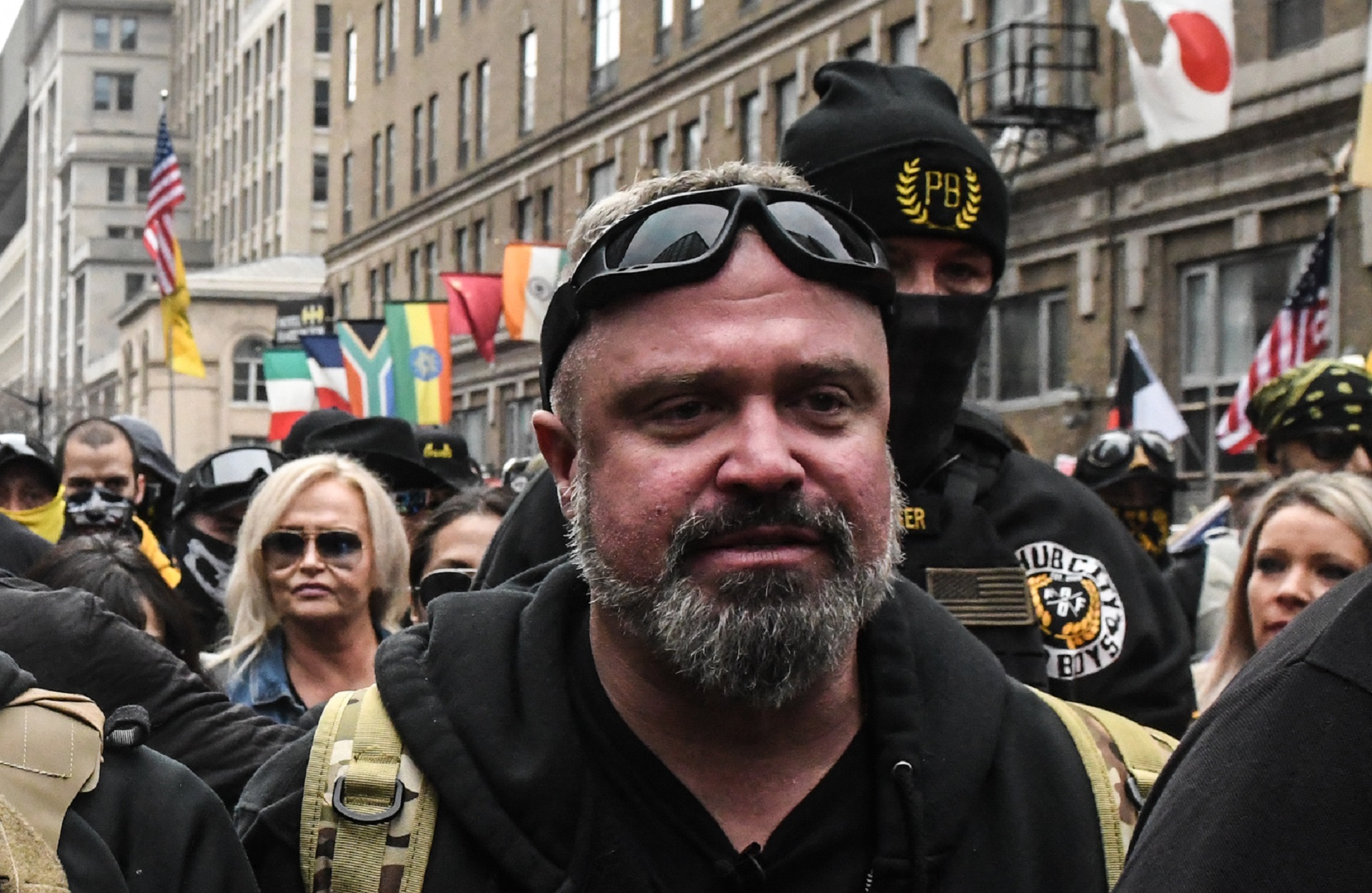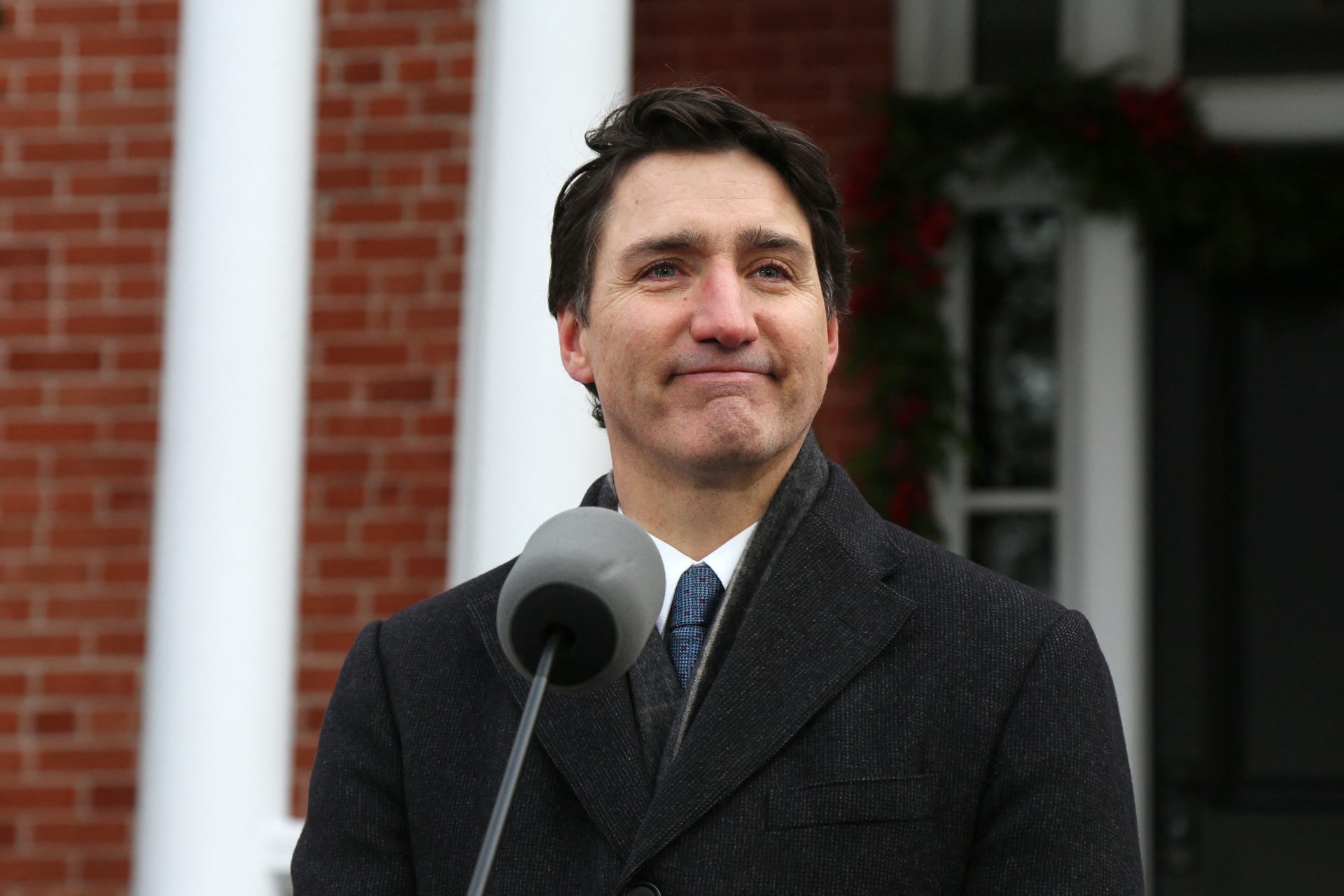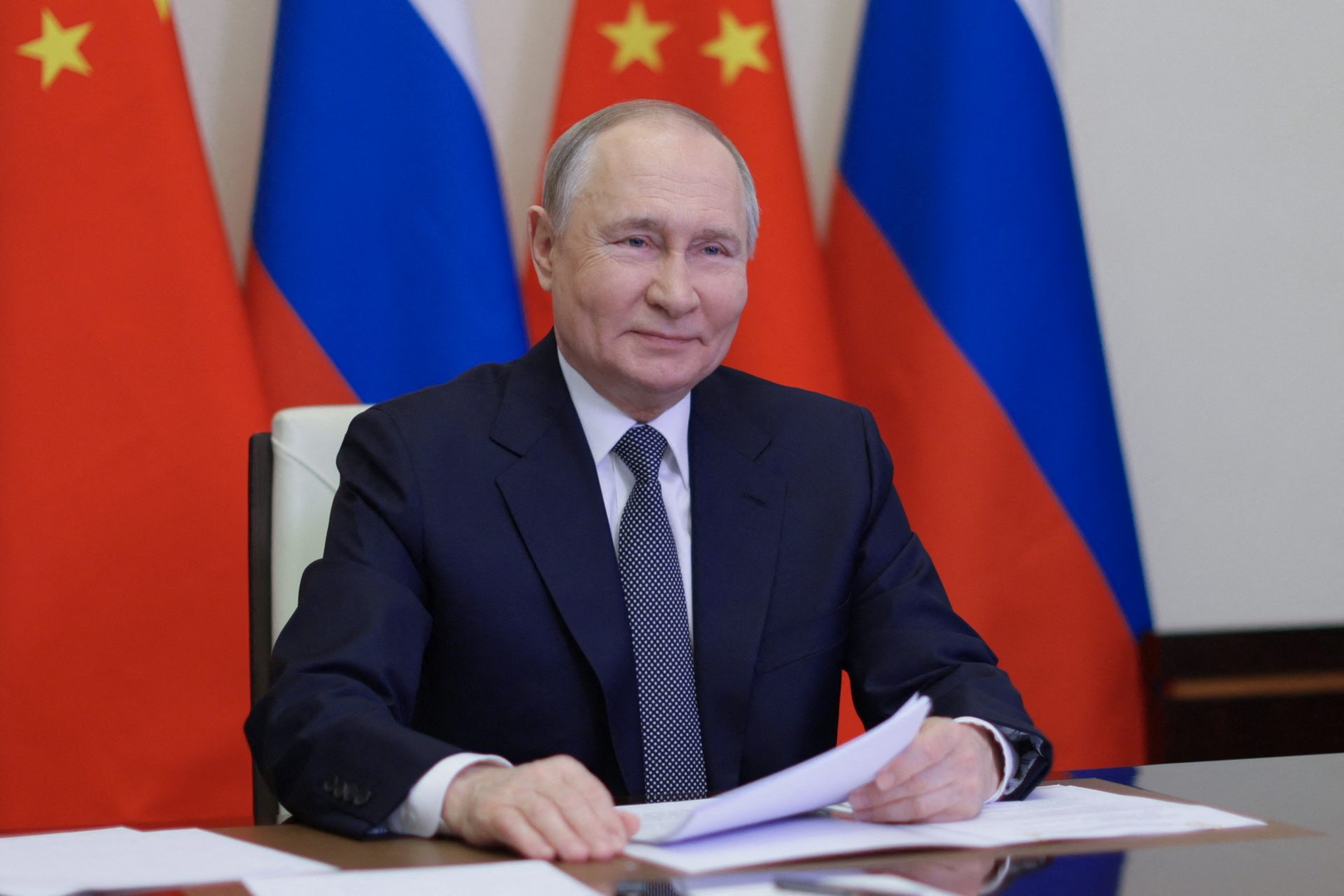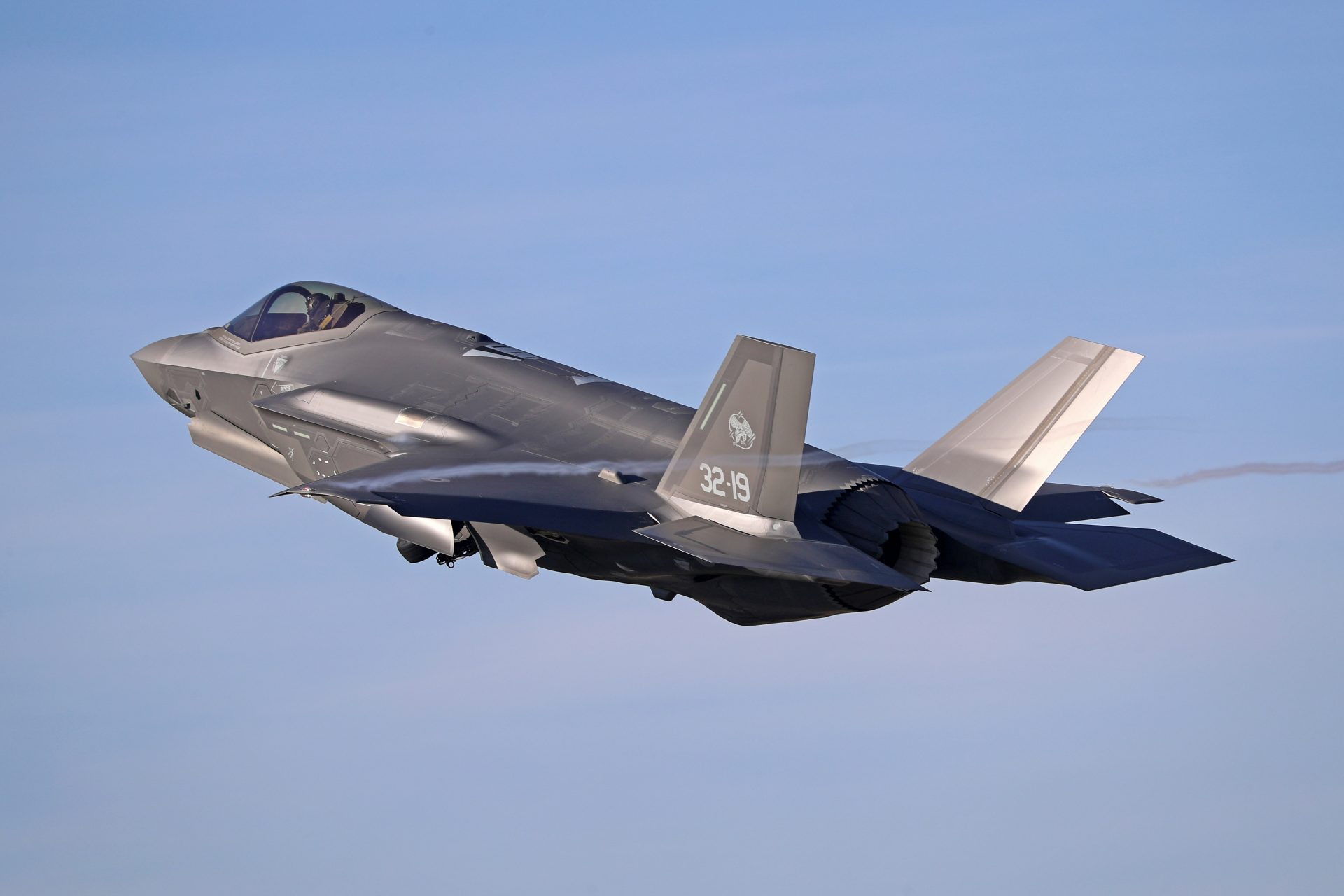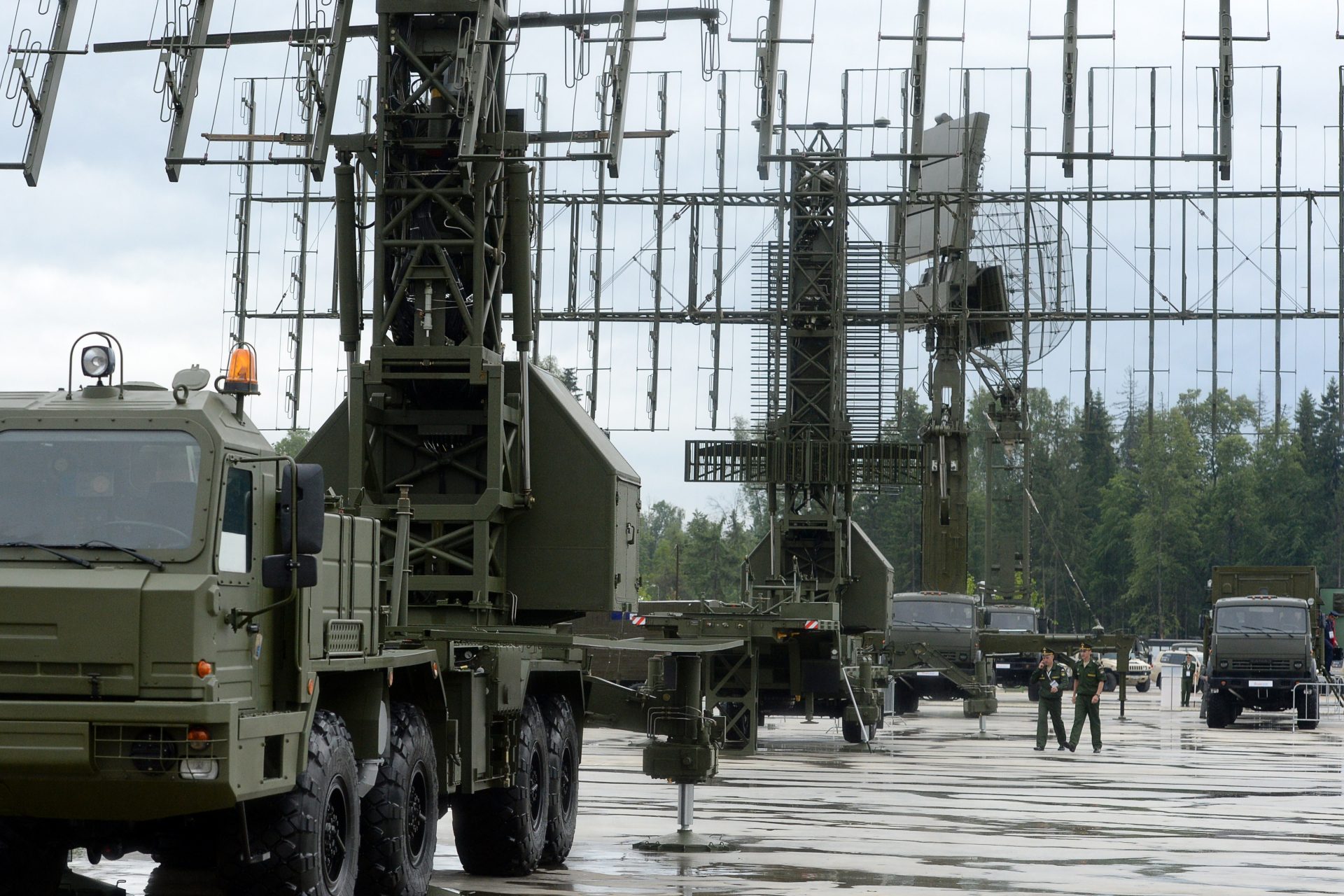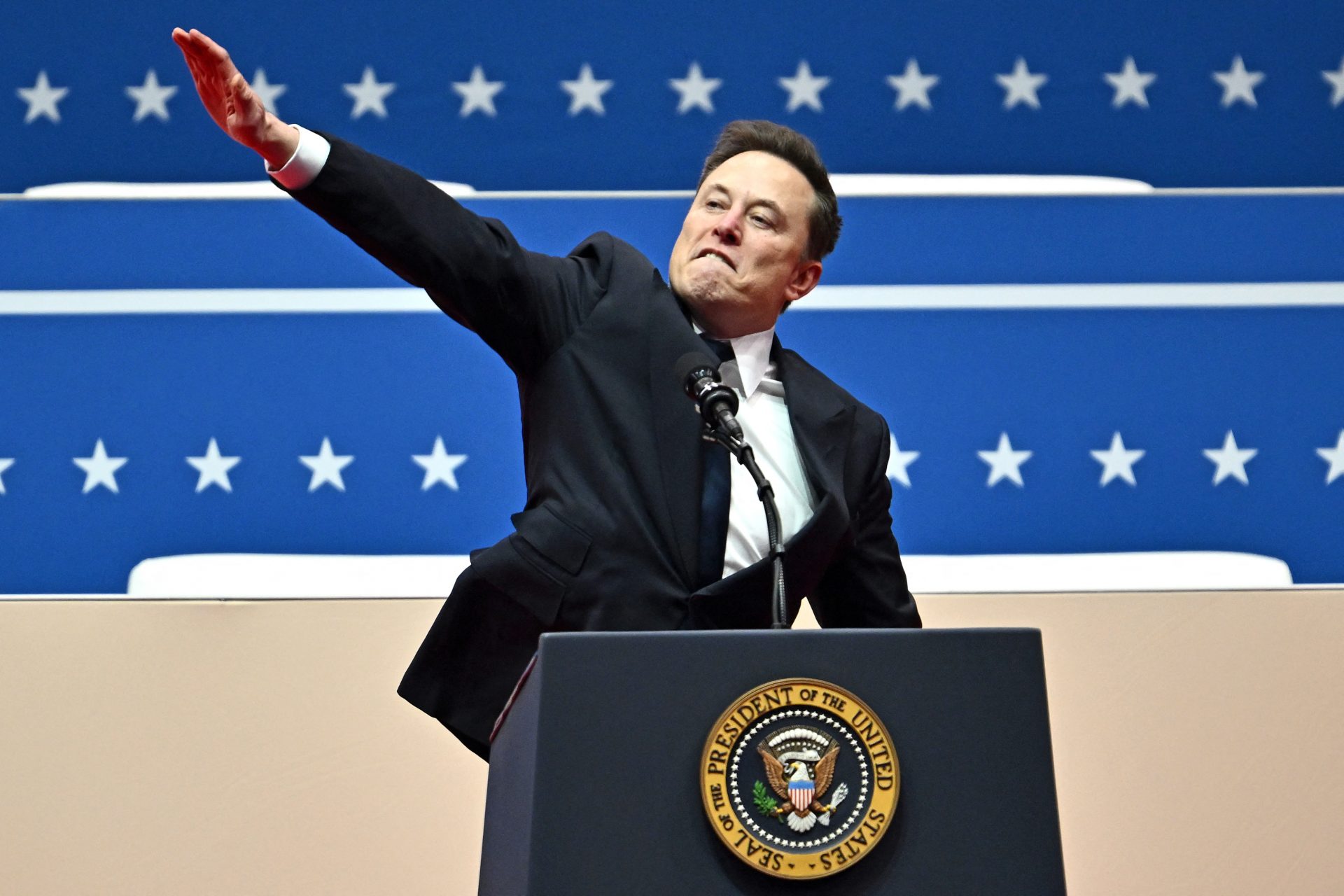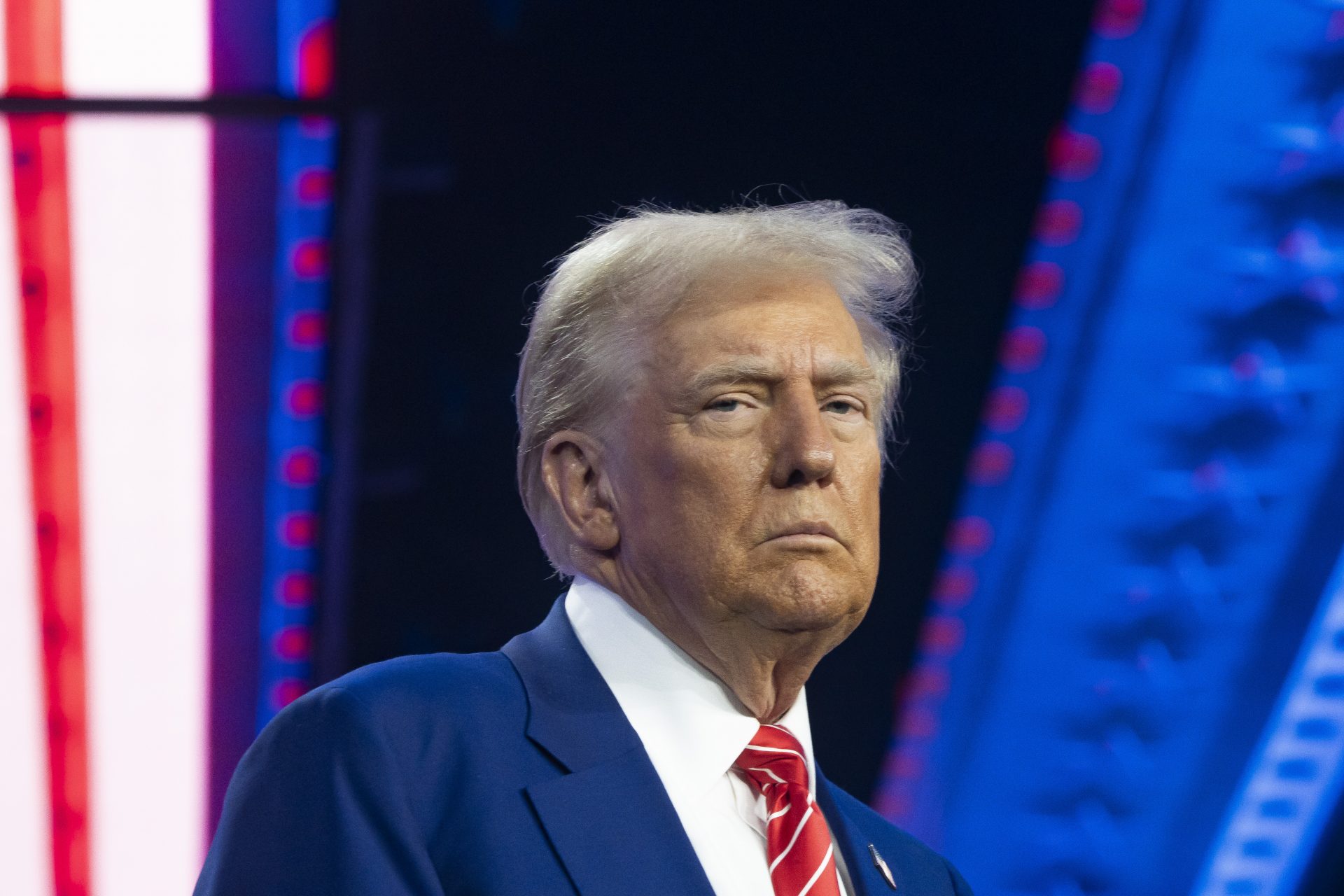The Capitol riot in photos
The world watched in real time how a demonstration against the verification of Joe Biden's election as the new U.S. president escalated into a storming of the U.S. capitol. The event led to the impeachment of President Donald Trump, as he was considered the instigator of the insurrection.
Rioters entered the Capitol, stormed the halls and congress people's office spaces, and finally reached the Senate Chamber where Congress was holding its verification of the electoral college votes that afternoon.
It went as far as an exchange of fire, in which one woman was fatally wounded by the police, NBC reported in the evening. Three other insurrectionists and one police officer would not survive the day either.
How did the protesters get this far? How did their rejection of the electoral outcome lead to a violent riot? And what was President Donald Trump's role in the assault?
Earlier that day, President Donald Trump addressed a crowd of supporters in what his team dubbed "the march to save America." He said that the elections had been a fraud and emphasized: "We will never concede."
Standing in front of the White House, which he occupies until Joe Biden is sworn in as the new President on January 20, Trump repeated his long-held false claim that the election had been "stolen" from him as presidential candidate and the Republican Party as a whole.
Thousands of Trump-supporters had come to the American capital city to protest the approval of the November 2020 election results. Chanting "Stop the Steal" and "Trump Won," they hoped to put enough pressure on Republican Senators and Congress people to reject the outcome of the electoral college vote in the Capitol building that afternoon.
"We’re gonna walk down to the Capitol," CNN cited the President as saying. "And we're probably not going to be cheering so much for some of [our Senators and Congressmen and women], because you'll never take back our country with weakness, you have to show strength and you have to be strong."
After the rally ended, the crowd began to march toward the Capitol, the building where Congress meets and which is about two miles from the White House. "Whose Capitol? Our Capitol!" they chanted.
The crowd that approached Capitol Hill included supporters of the police, proclaimed anti-communists, and protesters waving Confederate flags. Other pro-Trumpers were from the Christian right. Some held banners stating that House leader Nancy Pelosi (of the Democratic Party) was "Satan."
Inside the building, the verification of the votes by the electoral college was just beginning. This is normally a routine matter and not a big news event.
In 2021, however, tensions had been building up before this Congressional meeting, as several Republican members of the House and Senate had announced that they would not approve the verification of the counted votes on January 6.
Despite pressure from President Trump, Vice President Mike Pence decided he would not be one of those Republican dissenters. At the beginning of the meeting, he declared that he would respect the outcome of the elections.
As Trump supporters approached the Capitol, they seemed to be just a group of protesters like many others in Washington DC.
However, as NBC News reported, there was a core of Proud Boys (an extreme-right organization) as well as several militias among the frontrunners of the crowd.
There were also very explicit and morbid signs among the crowd, such as gallows symbolizing the mob's desire to 'hang' the 'traitors' who planned to vote in support of Joe Biden's electoral victory.
Aggressive rioters mixed with a crowd of people who were disappointed in the election result and misled by claims of the Trump team that the voting and counting processes had been fraudulent.
Local police forces fenced off the terrain of the U.S. Capitol, but the demonstrators in the front did not respect those boundaries. They continued to chant: "Whose Capitol? Our Capitol!"
The mass of angry Trump supporters was too strong for the police and security personnel outside the Capitol. The fences went down.
The police used tear gas, pepper spray, and flash grenades (smoke bombs) in an attempt to deter the mob.
The police were heavily armed but outnumbered by the rioters.
Clashes between police and rioters followed.
Having passed the police line, people at the front of the crowd started climbing the steps and walls of the Capitol building.
They entered the Capitol through broken windows as well as its main entry, passing by the metal detectors and the overwhelmed security personnel.
The most fervent Trump supporters reached the entrances of the building first.
Overwhelmed Capitol police had to let the rioters pass. It was impossible to arrest them all, police officers would later report to news media and the Jan. 6 House Committee.
Once inside, an unruly mob began filling the corridors and stairways of the Capitol building.
Classic paintings in marble stairways became the backdrop of MAGA hats and Trump flags.
It was a completely unprecedented situation to which Capitol security found it really hard to react.
Security personnel, as well as the historical figures whose portraits don the walls of the Capitol building, had to stand and watch as men with bottled drinks, cameras and (Confederate) flags in their hands walked around and made themselves at home.
Many of them simply entered the offices and open spaces they could access, waving their flags, taking artifacts from the hallways and meeting rooms, and making selfies or videos while moving through the building.
The selfies and other photos of the rioters would later come in handy, as the police was able to trace many of them through their social media posts or with help of people who recognized them from the footage.
This man, who took the lectern of the Speaker of the House with him as a souvenir, was an instant celebrity.
Less clownesk but more dangerous, a group of rioters went to look for the Senators and Congressmen and -women who were meeting on the House floor at that moment.
Various representatives would later report to NBC News that they heard the noise of disturbances outside the House Chamber but did not expect it to be any different from the usual protests in the assembly building.
Soon enough though, the emergency was obvious to everyone in the chamber.
When rioters attempted to enter the House Chamber, security personnel blocked the the door with a chest and threatened to shoot the intruders.
Members of the Senate and House, as well as other attendees of the proceedings, fled the room.
On their way out, they took shelter while arms were fired.
(In the picture: Rep. Dan Meuser, R-PA)
Some picked up the gas masks that are regularly below their seats. They were needed as the police fired tear gas and flash grenades in the building.
The rioters seemed undeterred by the weaponry.
The Senate and House Chambers were quickly emptied. Documents were left in the same place where the evacuated representatives had left them. Rioters entering the chambers could now look through or take them.
The Senate Chamber became the stage of an alien invasion.
Showing little respect for the workplace of Congress, rioters sat down in the chairs, went through the papers and took photos. Some would even steal computers, causing a major security threat.
Members of the House and the Senate were evacuated to a secret location within the terrain of the Capitol building, where they had to stay for hours. Remaining Capitol staff barricaded the doors of their offices. They would later testify about the terrors they experienced while the Capitol was being stormed.
Secret Service and police checked the building and guarded the House and Senate members. Over the course of the occupation, they found at least one explosive device in the complex, PBS reported.
Both within and outside the Capitol building, the struggle continued. Security personnel and police could not keep away the angry mob. The mayor of Washington DC called for the support of police forces in neighboring states as well as the National Guard.
President Trump kept awfully quiet during the hours of rioting. It was President-elect Joe Biden who spoke to the American people first. Clearly in an angry and disappointed state, Biden told the mob and the concerned public that "enough is enough."
Shortly after Biden, Donald Trump appeared with his own video message, on Twitter. He asked the rioters to "go home," but he also repeated his false claim that the elections had been "robbed" and added that he "loved" the crowd that was attacking the Capitol. Critics argued that his tone and word choice suggested he was not quite convinced of his own message.
Twitter responded to Trump's message by banning him for twelve hours. Later it would ban him indefinitely. The reason for the sanction was his attempt to spread misinformation about the elections. It was the first time that Twitter took such a strict measure against the president.
It took several more hours for tranquility to return in the U.S. Capitol. The mayor of Washington DC imposed a curfew at 6pm. Later it would become clear that five people had died during the storming of the Capitol. One of them was a police officer, the other four were rioters.
At eight o'clock in the evening, the Senate and House of Representatives returned to the chamber and continued their verification of the electoral votes. The mob had not scared them away.
More for you
Top Stories























































